By passing one of the nation’s most restrictive voting bills, Republican lawmakers in Georgia have forgotten a lesson from the past and are setting themselves up for defeat in the future.
The sweeping bill, signed into law Thursday by Republican Gov. Brian Kemp, imposes new voter identification requirements for absentee ballots, limits the use of ballot drop boxes and makes it a crime to approach voters in line to hand them food and water.
Kemp said the law allows Georgia to “take another step toward ensuring our elections are secure, accessible, and fair.” Voting rights advocates, though, said it’s a thinly disguised and racist attempt to suppress the Black vote.
“No one but Pee Wee Herman believed them when they talked about the ‘integrity of the vote,’” says the Rev. Tim McDonald, an Atlanta-based pastor who founded the African American Ministers Leadership Council. His group created “Souls to the Polls,” a get-out-the-vote movement among Black churches nationwide. Earlier versions of the Georgia elections bill would have virtually eliminated early Sunday voting, which is popular with Black voters.
“Black folks are not stupid. We know their tricks. We know their motivation,” McDonald says. “They are the [Ku Klux] Klan in three-piece suits.”
More on Voting Rights
What’s happened in Georgia is part of a national trend. So far this year Republican lawmakers in more than 40 states have introduced more than 250 bills to restrict voting.
But it may prove to be a clumsy political miscalculation. There’s growing evidence to suggest that voter restriction laws sometimes backfire against their proponents.
By attacking voting rights Georgia Republicans have abandoned a GOP political strategy that helped them win close elections. And they have angered a powerful bloc of Black voters in Georgia who have already mobilized against them.
Republicans made inroads with Black voters under George W. Bush
Consider one of Georgia Republicans’ first big mistakes: targeting “Souls to the Polls” in earlier versions of their voting bill.
Restrictive voting laws are more effective if they’re dressed in race-neutral language such as “election integrity” or “ballot security.” But the Georgia GOP floated proposals earlier this year to virtually eliminate early Sunday voting, which was seen as a direct attack on the Black electorate. Many Black churches ferry voters to the polls on Sundays during the early voting period.
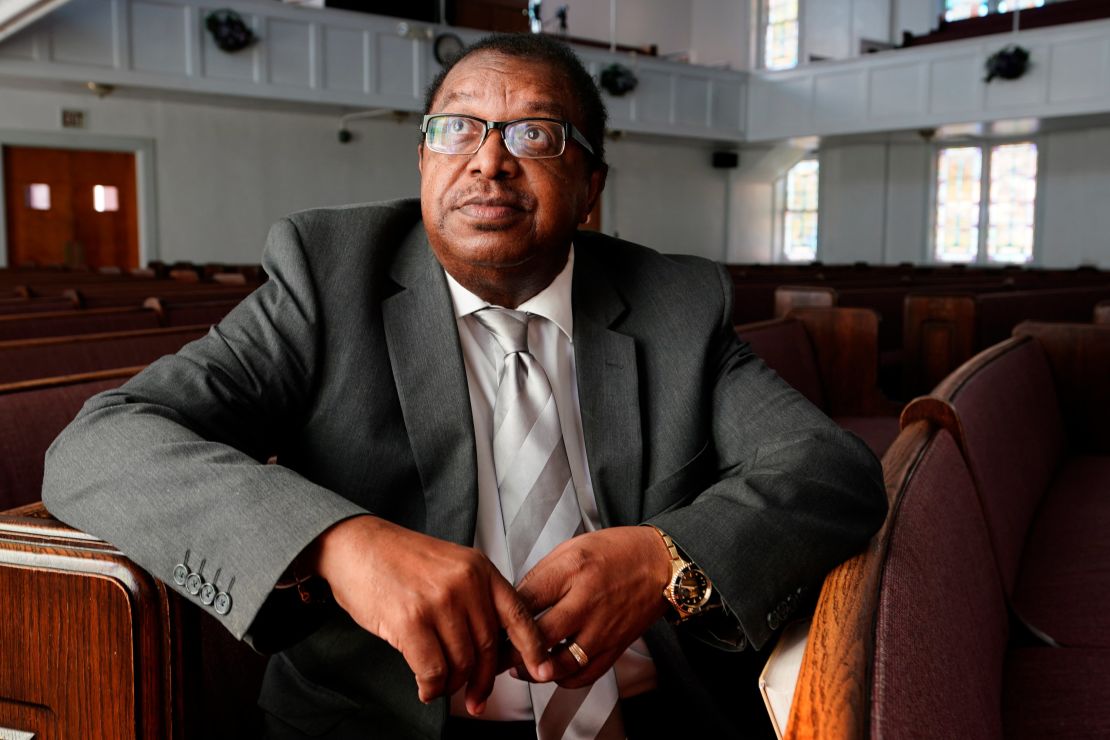
The “Souls to the Polls” tradition was launched in 1998 by McDonald, the Atlanta pastor, and a group of fellow church leaders. Members of the group had traveled to South Africa to witness the nation’s first free elections and were inspired by the variety of early voting options offered there. They came up with the slogan over dinner at a Washington hotel.
McDonald says that by targeting “Souls to the Polls,” Georgia Republicans didn’t even try to disguise their hostility toward Black voters.
“They know it’s being perceived as racist, but they are so racist that they don’t care,” says McDonald, senior pastor of the First Iconium Baptist Church in Atlanta.
Georgia Rep. Barry Fleming, who co-sponsored the voting bill and is chairman of the state legislature’s Special Committee on Election Integrity, did not respond to an interview request from CNN. A spokesman for the Georgia Republican Party did not respond to a similar request for comment.
Brad Raffensperger, Georgia’s secretary of state, released a statement Friday saying the new Georgia law expands access to voting and offers new security measures.
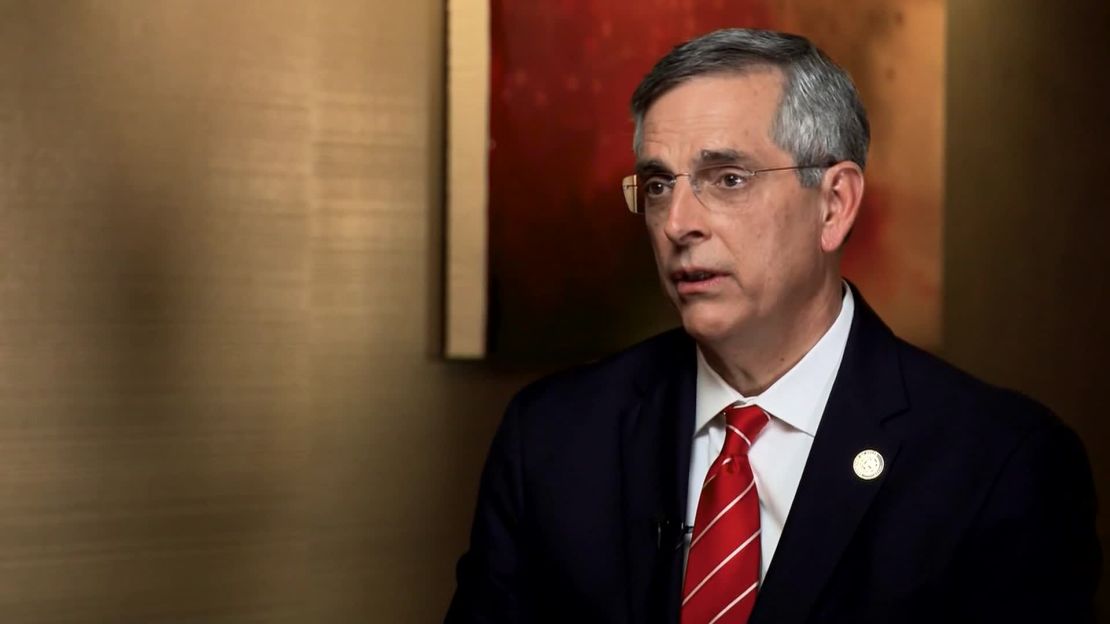
“The cries of ‘voter suppression’ from those on the left ring hollow,” said Raffensperger, a Republican. “I’m a straight shooter. I call it like I see it. I did that to the chagrin of many in my own party when I spoke out against the false claim that Georgia has systematic voter fraud. And I’m doing it now.
“Their cataclysmic predictions about the effects of this law are simply baseless,” he added. “The next election will prove that, but I won’t hold my breath waiting for the left and the media to admit they were wrong.”
Read more from John Blake:
But Raffensperger’s words may do little to undo the Republicans’ alienation of Black churchgoers, a group that the GOP used to court with notable success.
Not long ago, the GOP saw Black church members as natural allies and aggressively encouraged them to vote. Black voters tend to skew liberal on politics but conservative on many social issues. Only 29% of Black voters consider themselves liberal, according to a 2020 Pew Research Center survey.
President George W. Bush saw Black pastors as potential allies and launched an aggressive outreach to Black churchgoers with his brand of “compassionate conservatism” during his two terms in office. Bush and the Republican Party appealed to Black voters by highlighting issues such as abortion, same-sex marriage and school vouchers. They also launched a faith-based initiative that provided grants for social services to Black churches.
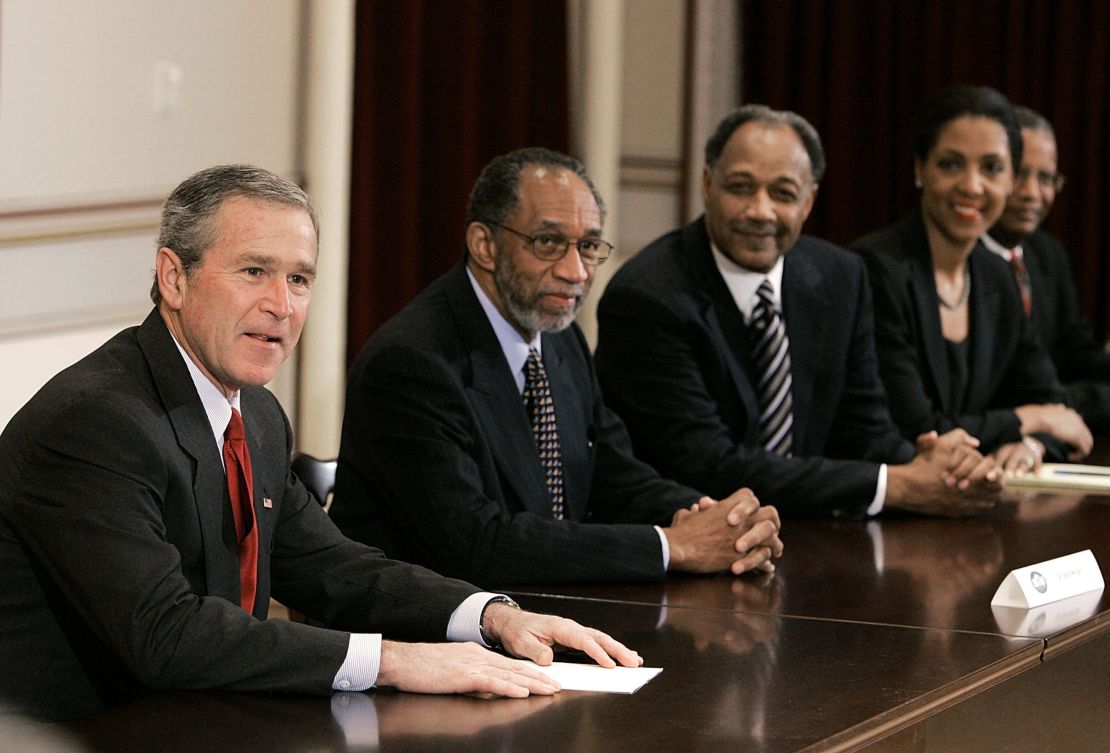
As Bush’s political strategist Matthew Dowd once said: “The minister is the No. 1 influencer in the African American community.”
In return, Black churchgoers helped Bush win reelection in 2004. In Florida, for example, Bush received 13% of the Black vote – almost twice the 7% he received in 2000. And in Ohio that year, Bush more than doubled his share of Black voters from four years earlier.
Republicans under Bush made such dramatic inroads with Black voters that GOP leaders talked boldly of a “realignment” that would begin with support from Black churches. Bush won 13% of the Black vote in 2004, but some Republicans talked about winning a quarter of the Black vote.
But recent moves by the GOP are alienating the Black faith community
Bush was appealing to a conservative tradition that has long existed in the Black community, says Jemar Tisby, author of “How to Fight Racism.” Tisby is a historian who has written about the relationships between Black and White evangelical churches.
Tisby alluded to a trend that surprised some observers of last year’s presidential election. Former President Donald Trump won a larger share of the Black vote in 2020 than he did in 2016. Some traced his appeal to growing support from Black men.
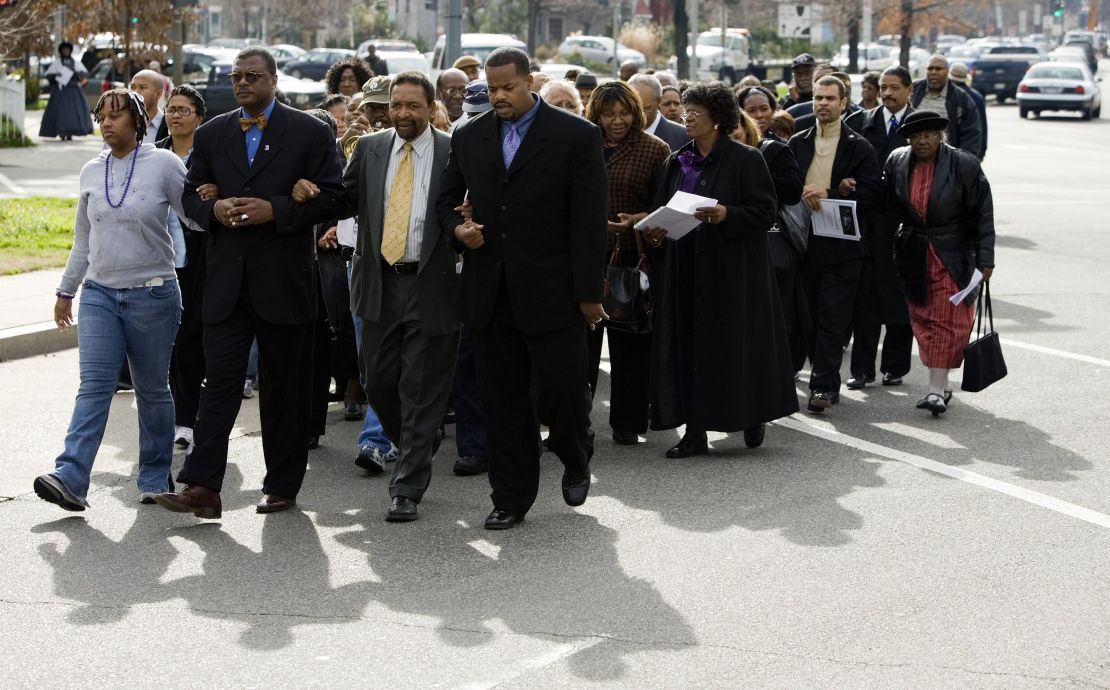
“There has always been a strand of Black people, particularly Black men, who have been enticed by the conservative rhetoric of the Republican Party,” Tisby says. “The Republican talking points about individual responsibility and fiscal conservatism appeal to some Black religious folks who say we don’t need a handout because we can create Black businesses and communities of our own.”
That strategy has since changed, Tisby says.
“I don’t see the Republican Party trying to connect with the Black church (anymore),” he says. “They’re doing voter suppression so they don’t have to reach out to Black voters.”
By supporting voter restrictions, Republicans are now alienating Black pastors such as Bishop Rudolph McKissick, Jr., senior pastor of the Bethel Church in Jacksonville, Florida, one the oldest and largest Black churches in the state.
McKissick remembers when the Republican-controlled legislature in Florida passed laws in 2011 that eliminated early Sunday voting. He says the move “galvanized his church.” Pastors ramped up voter education and found creative new ways to get Black voters to the polls.
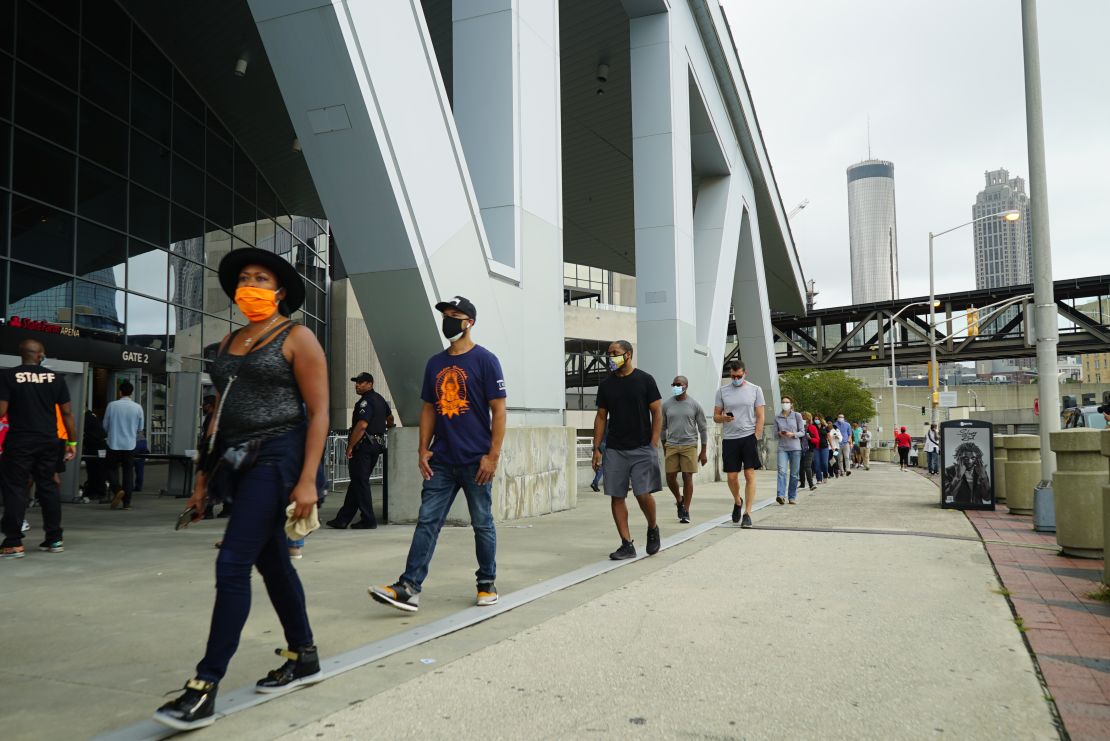
It appears to have worked. In 2012, President Barack Obama received 196,657 votes in Duval County, where Jacksonville is located – more than 5,000 votes more than he got there four years earlier, before the state law was changed. Eight years later Joe Biden received 252,556 votes in Duval County, becoming the first Democratic presidential candidate to win the county in more than 40 years.
McKissick believes the debate over “Souls to the Polls” and other proposed voter restrictions in Georgia may backfire.
“It can, but only if Black leaders push the passion button on people and say we refuse to let them take us back to the days when we had no rights,” he says.
Georgia Republicans may be setting themselves up for another crushing defeat
Black leaders won’t have to push the passion button in Georgia, because that button was pressed a long time ago.
Georgia has some of the most organized and mobilized groups of Black voters, thanks to Stacey Abrams, who may be the shrewdest and most tenacious voting rights advocate in the nation.
Many of these Black voters remember when Abrams lost a close race for Georgia governor in 2018, a contest tainted by allegations of voter suppression. Kemp, Abrams’ opponent, ran for governor while also holding onto his position as the state’s chief elections officer – a position many viewed as a conflict of interest.
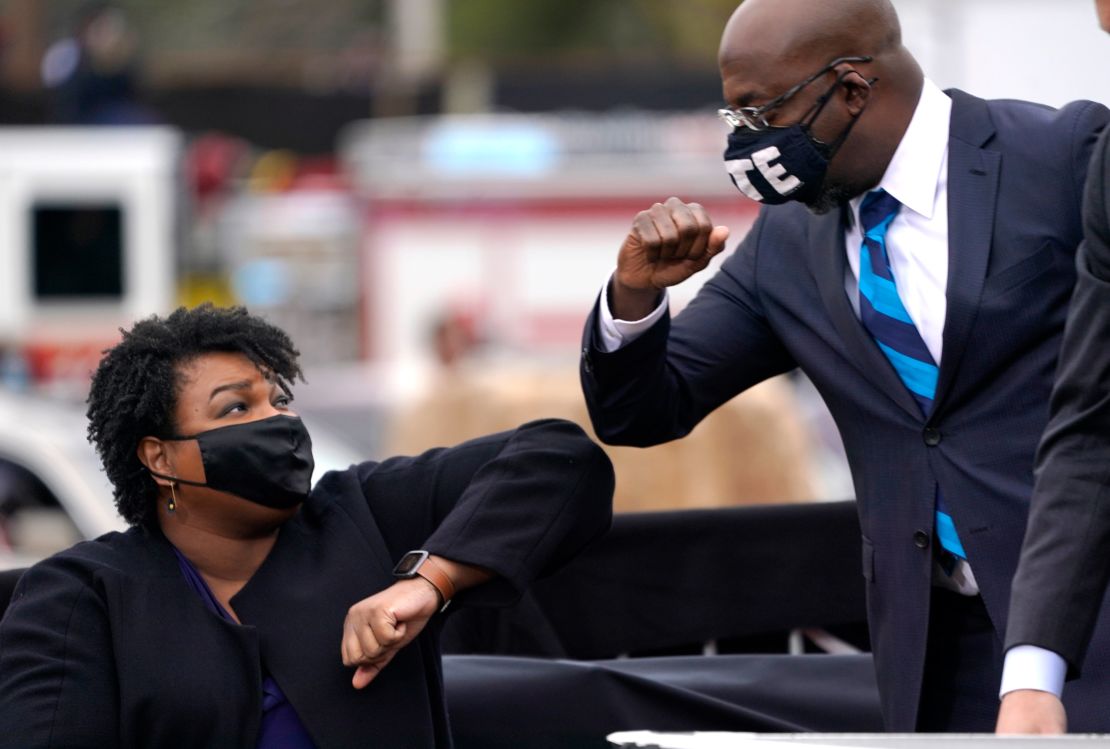
The perception that the GOP is trying to suppress the Black vote will only make Black voters in Georgia more determined to vote in 2022, when Abrams is widely expected to run against Kemp again, says the Rev. Jamal Byrant, senior pastor of New Birth Missionary Baptist Church in Lithonia, Georgia.
“Georgia is frankly becoming browner and more progressive, and the Republicans are having anxiety about the upcoming gubernatorial election and they’re trying to do everything in their power to stop the wave,” Bryant says.
“You’re going to see a whole lot of first-time voters, younger voters and disillusioned and disenfranchised voters heading back to the polls because they realize what’s at stake,” Bryant says.
There is evidence to back up Bryant’s prediction. A growing body of research suggests that the passage of voter ID laws may in some cases motivate Black voters and spark voter organizing efforts.
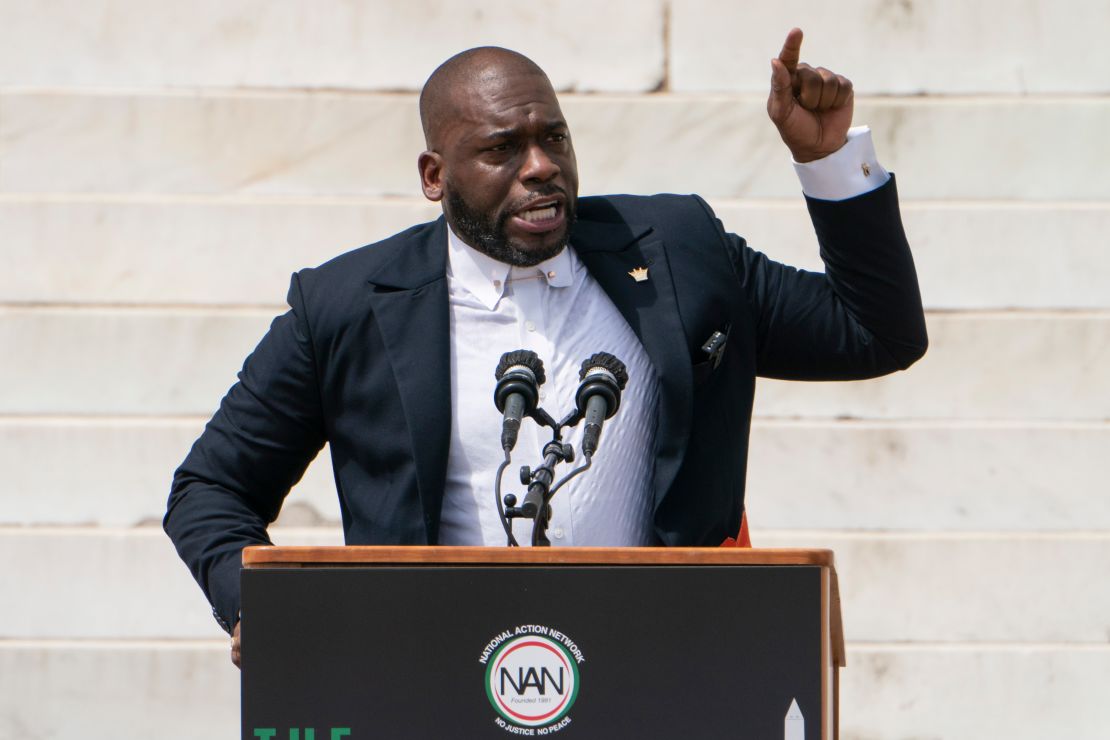
One study examining the impact of the Supreme Court’s 2013 Shelby decision, which gutted the Voting Rights Act, suggested that voting restrictions may actually increase Black turnout in elections.
The Shelby decision made it easier for states to pass voter restriction laws after the high court removed the “preclearance” provision from the Voting Rights Act. Under preclearance, a state with a history of racial discrimination in elections had to get permission from the federal government for instituting any changes to how they run elections.
The study, which was cited in the New York Times, said the Shelby decision may have actually increased Black turnout in the 2016 presidential election in some states where preclearance was removed.
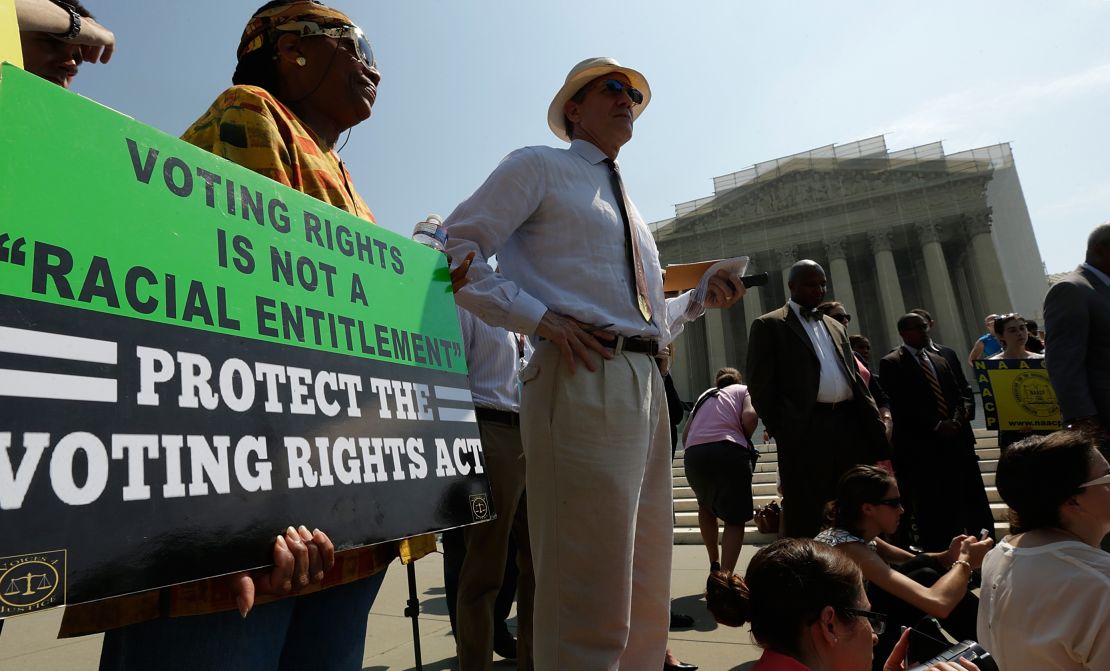
“Overall, the removal of preclearance did not decrease Black turnout,” says Kyle Raze, a Ph.D. candidate at the University of Oregon, who authored the study. “If anything, the removal of preclearance increased Black turnout in some states during the 2016 election.”
Political scientists have found laws that make voting more difficult don’t always succeed in changing election outcomes, because voters and parties take steps to counteract what’s happening.
McDonald, whose group coined “Souls to the Polls,” doesn’t need a study to show him how resilient Black voters can be. He cites how Black voters reacted to another form of voter restrictions last year.
The Black community in Georgia was hit hard by the Covid-19 epidemic, but Black voters still showed up in record numbers in November’s election to turn Georgia blue.
McDonald says what’s happening in Georgia is part of a battle the Black church has been fighting for centuries – mobilizing Black people to fight for their equality.
“We endured slavery, Jim Crow and lynching by being creative and strategic,” he says. “We’re going to use their own tools and throw them back at them. We have to beat them at their own game.”




















